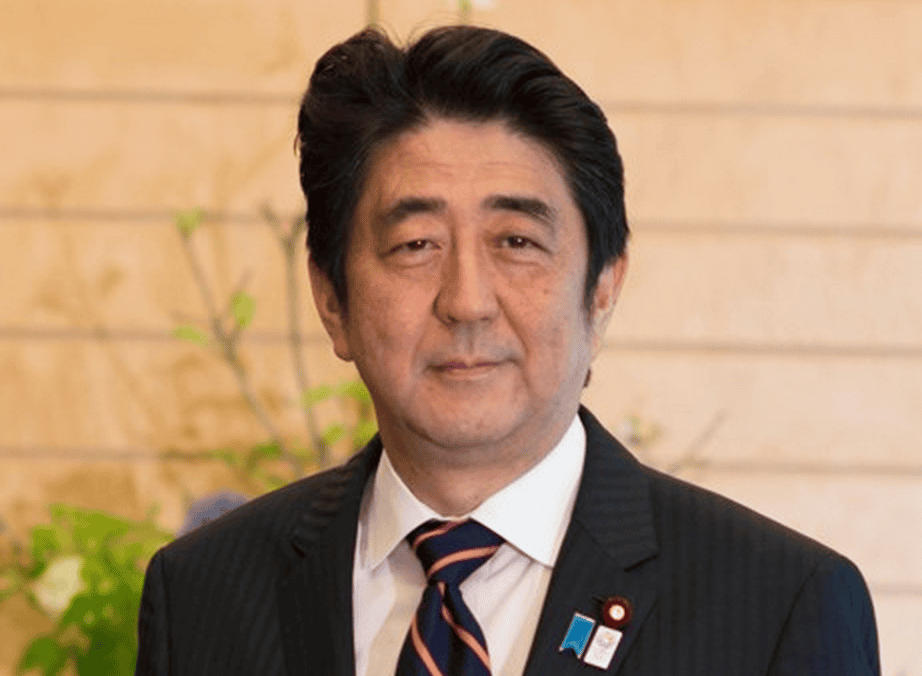Japan approved a 3.5 trillion yen stimulus package on Saturday to help boost the country’s economy and get growth back on track.
Prime Minister Shinzo Abe is finishing his second year in office and is under increasing pressure to sort out the country’s financial mess. Earlier this year the country fell into a recession because of the sales tax hike that went through in April.
The stimulus package includes 600 billion yen that focuses on helping the country’s lagging regions.
A summary of the plan was released by the government. It said that ”a strong economy is the wellspring of Japan’s national strength,”
Adding, that it will restore local regions of the country and help young Japanese “have dreams and hopes for the future.”
However, the document also pointed out that the country’s leaders have narrow options when it comes to making policy decisions because of the huge amount of public debt it has.
It is committed to balance its budget by 2020.

Abe is attempting to promote growth and put an end to deflation through monetary easing and public spending.
A total of 1.2 trillion yen is going to go to businesses and consumers and 1.7 trillion yen is going to be used for disaster prevention and reconstruction in areas such as the northeastern coast, which hasn’t completely recovered since the tsunami and nuclear disaster in 2011.
Providing funds to back loans to small and medium-sized businesses will help them cope with increasing costs linked to a weak yen.
“Japan won’t move forward unless Tokyo leads the country as a locomotive,” the Jiji news agency cited Tokyo Gov. Yoichi Masuzoe as saying in a recent interview. “Tokyo should not be regarded as evil.”
